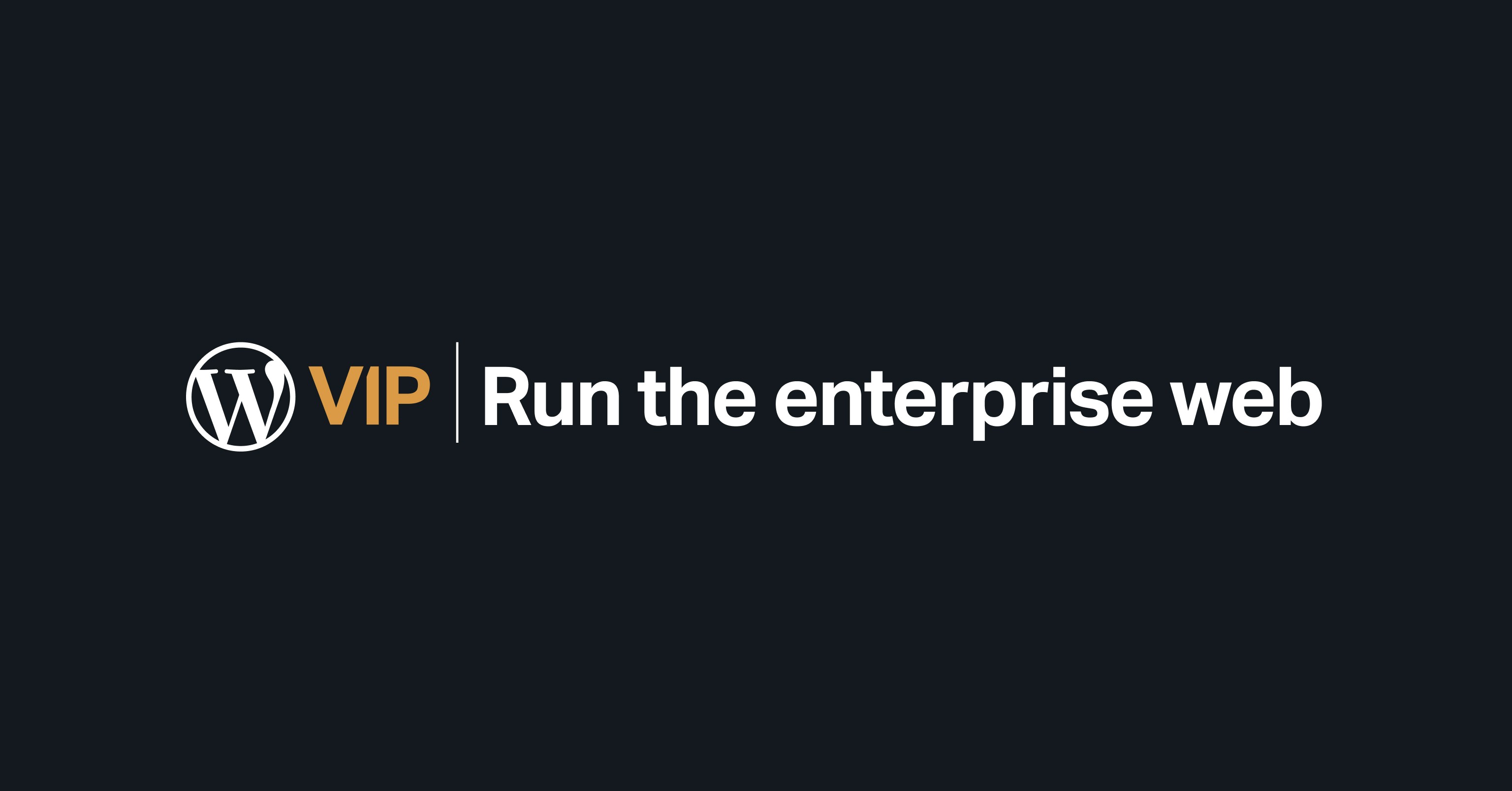How to secure shared hosting

Websites can be secured with hardware and software. Security must improve faster as cyberattacks become more destructive. Security methods should be reviewed and updated often, although antivirus and firewall software are always updated. While you’re maintaining your website, make sure to do things the way they’re supposed to be done. Here are ways in which you can secure your shared hosting.
- Strengthen security
Setting up security for your website is one of the first things you should do with your hosting account. Even though your hosting company has a server firewall, extra website protection never hurts. Together with an antivirus, install SiteLock Website Security for anti-malware and anti-spyware.
- Authentication with two factors
With two-factor authentication, users must be checked out before they can log in and take control. Why? Only because if someone guesses or steals your password and logs in from their computer, they will have to prove who they are. To make sure they are who they say they are, the system may ask them to answer a secret question, type in an SMS or email OTP, choose an image that is important to them, or do something else. Two-factor authentication is best because some people choose weak passwords (no, “s1mpled00d” is not a strong password) and browser-based hacks make it easy to get passwords.
- Update security regularly
Updates are essential for security. Make sure that all of your security software and apps are up-to-date so that they can deal with emerging threats. Likewise, plugins, themes, and other website additions. In addition to adding new features and making the software easier to use, updates add crucial security fixes that seal up holes and other possible entry points in the software.
- Take regular backups
Backups are the best cyberdefense. With the latest backup, you may swiftly restore your website after a compromise. However, this requires regular website backups. More backups are better for your website. Keep backups in a secure location. CodeGuard backups are available with Shared Hosting. Save a manual copy also.
- Manage user permissions
Hackers may enter your system through website users. Hence, be cautious while granting privileges to others. Turn on two-factor authentication and need stronger passwords. Don’t grant everyone administrator rights—an untrained user can crash your website.
- Avoid unreliable sources
Security is occasionally sacrificed to provide features or save money. Downloading software from an untrusted site or installing a “free” version of a commercial programme may contain viruses or other infections. Avoid shady sources and freebies, even when it’s enticing.
- Trust a Shared Hosting service
Your hosting provider is crucial to website security. Hosts vary in quality and reputation. Before you choose one, do some research. Find out about their security features, including as free SSL, SiteLock, and the ability to upgrade to a premium SSL. Choose a reliable, safe service.
Pick a Shared Hosting with industry-leading SSL certification, powerful programming and database tools, and state-of-the-art infrastructure. Use cPanel to secure your website.
Conclusion
Securing your Shared Hosting account may seem daunting considering how crucial it is to protect your website. Knowing what to do makes it easier. Divide security measures into tiny pieces and address each one. Systematic website security is optimal. To make Shared Hosting safe and secure, follow the above suggestions.

-3.png?width=698&height=393&name=blog%20image%20Salima%20(1)-3.png)
